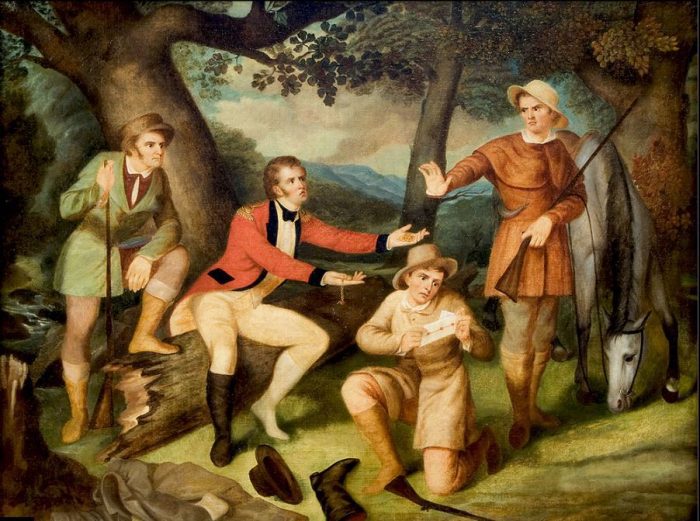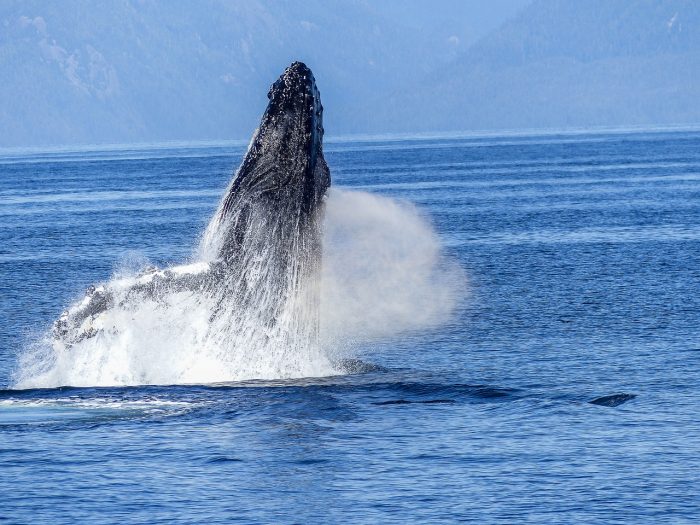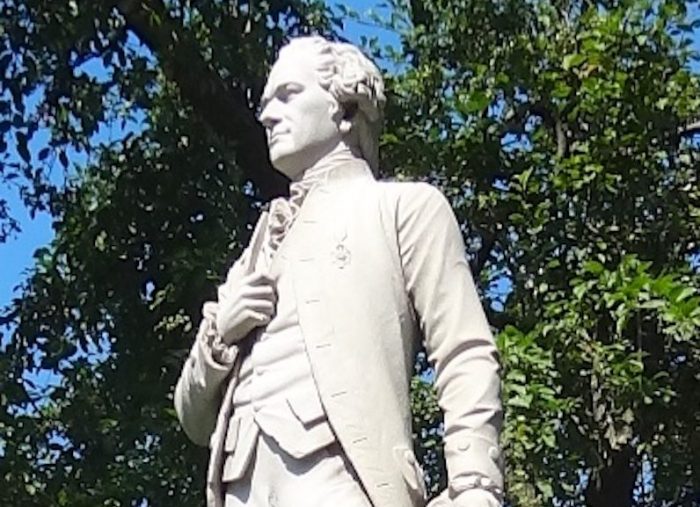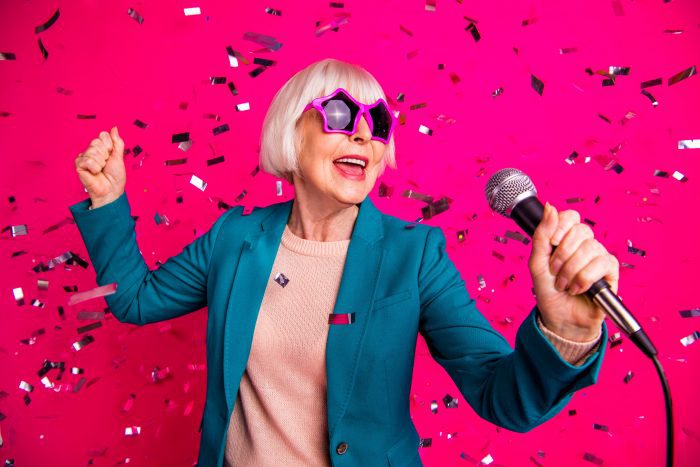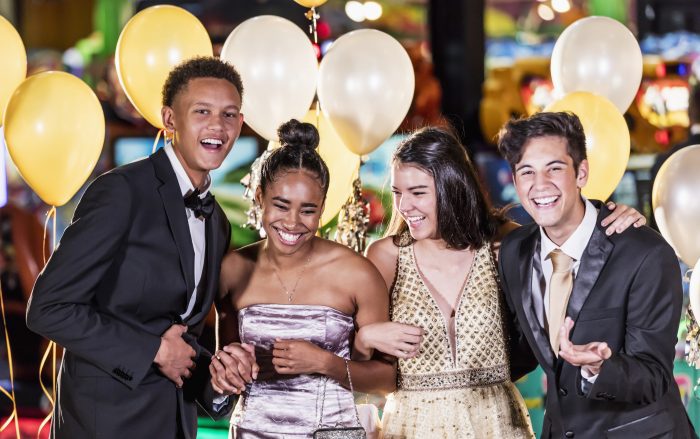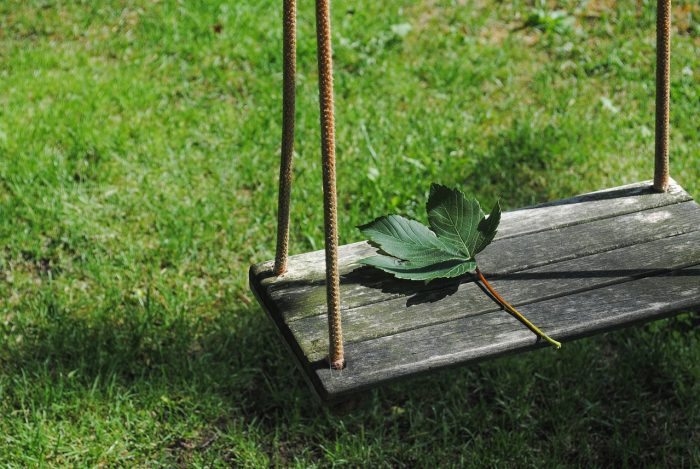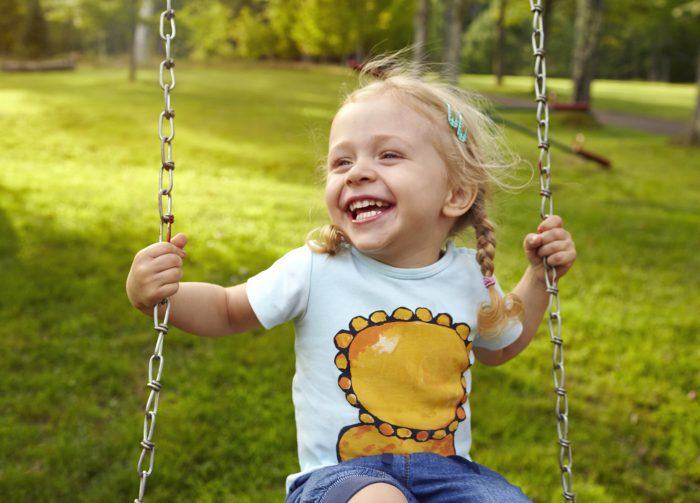By Leah S. Dunaief

But for the fact that three militia men were playing cards and having lunch in the bushes alongside the Albany Post Road south of the West Point fort in 1780, we might be speaking English with a British accent.
It was down this road that British Major John Andre came galloping, and when the three stopped him near Tarrytown, N. Y. to ascertain his business, they searched him and found detailed maps in one of his boots. It was key information about the fort, and the men realized the rider was a spy, trying to get behind the British lines in New York City.
As it turned out, Andre was coming from a meeting with Benedict Arnold, the commander at West Point, who was about to turn over the fortification to the British and join them in the Revolutionary War. The fort was a most important installation, blocking the British garrisons from moving up the Hudson, splitting New England from the rest of the colonies and connecting with their troops in Canada. This strategy could well have ended the war.
The British troops had tried to overwhelm the fort but failed. There was a British ship moored in the Hudson, and when Arnold got word that Andre had been captured, he boarded the ship and crossed over to the other side of the river where the British were camped, making his escape and marking him for all of history as a traitor to his country.
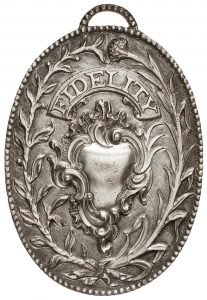
Andre was recognized as an important figure and turned out to be head of British intelligence. The Colonists questioned him in detail. The map and information he carried would have allowed the British to enter and capture West Point. Andre confessed his role and ultimately was hanged as a spy, much as Nathan Hale had been four years earlier.
During the time Andre was held prisoner, he succeeded in charming his captors. A well educated man, of keen wit and culture, he was appealing to the upper-class American officers, including Alexander Hamilton and the Marquis de Lafayette, of the Colonial Army for his patriotism to his country. Ironically, we have heard of “Poor” Andre and Benedict Arnold, but most of us have never heard of John Paulding, David Williams and Isaac Van Wart, the three who captured the Brit. That is, until now.
Van Wart and the other two were farmers in their early twenties and were part of a local militia attempting to protect the much harassed residents sandwiched between Washington’s forces in the Hudson Highlands and the British army in Manhattan. That is why the three were stationed along the dirt road. Andre tried to bribe the men to release him, but they handed him over to American forces.
The men “were recognized by the Continental Congress with hand-wrought, silver military medals, now considered to be the first ever awarded to American soldiers,” according to a New York Times article in last Saturday’s issue. And while two of the three medals were stolen from the New York Historical Society in 1975 and never found, the third was held by the Van Wart family for over two hundred years and has now been donated to the New York State Museum in Albany, where it can be seen starting in the fall.
The three men met with Washington, were given the medals, and each a plot of land and a lifetime annual pension of $200, which was then a “princely sum.”
Van Wart died in 1828, and the medal was passed down through the generations of his family until it reached Rae Faith Van Wart Robinson in White Plains. She was inordinately proud of her ancestor and kept the medal in a shoe box under her bed, taking it out to display at historical events. She never married, had no children or siblings, and when she died in 2020, she instructed that the medal be given to a museum where it could always be viewed and the story told. The front of the medal prominently bears one word: “Fidelity.”

